One of the biggest challenges you have as a podcaster is promoting your podcast episodes .
If no one listens to you... what's the point of putting so much effort into production?
To achieve good dissemination of your episodes, there are no magic formulas, sorry.
There is only what works for you and what doesn't. And the only way to find "your formula" is by testing, trying, messing up, and starting over.
In this article, I share what I do each week to promote the episodes of the Mumbler podcast. I hope it inspires you.
Let's go.
Optimized Notes and Titles
Text is the easiest thing for any robot to index, whether it's Google or any other software. This is why the main podcast players are already indexing texts:
- Episode notes.
- Episode titles.
When preparing your episode title and notes, optimize them for a specific keyword. palabra clave.
For example, if I want to optimize my episode for the keyword “Selling digital products,” I could create a title that contains the keyword (Selling Digital Products with Pablo Juanes) and episode notes that contain the keyword and some of its variants.
That way, if someone searches for the keyword “Selling digital products” in a podcast player, your episode might appear in the results. Cool, right?
You can experiment using the Apple Podcasts search, for example.
We will dedicate another article to SEO for podcasts later on.
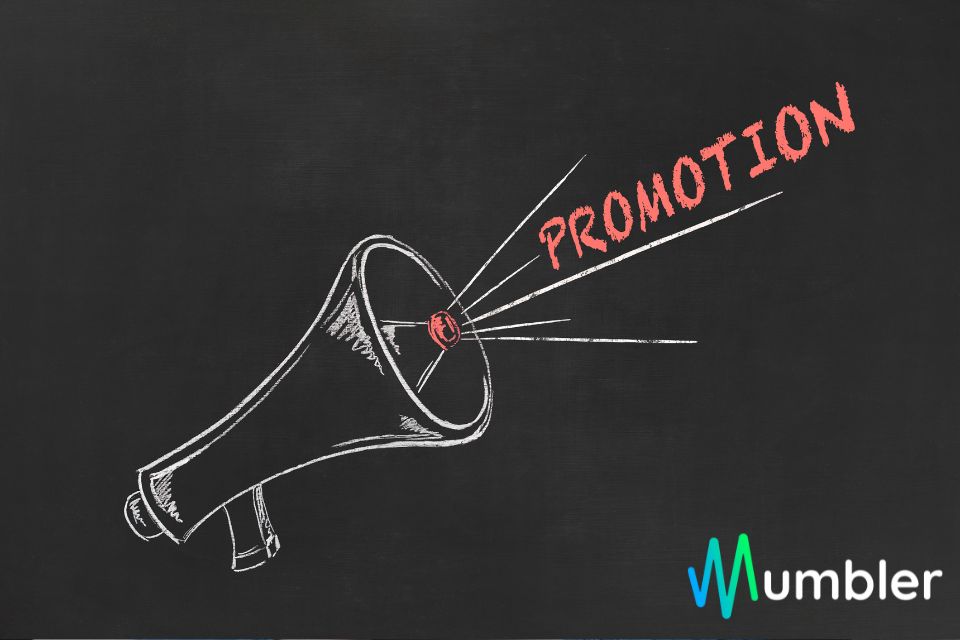
Good Creatives on Canva
When you set out to promote podcast episodes, the visual aspect is also important. The solutions for creating creatives are endless, but we really like Canva.
Without having design knowledge, you can generate very interesting and attractive creatives for your podcast.
In our case, for each episode, we create:
- The episode cover with the guest's image.
- A brief format video with Mumbler’s colors and branding to share on X and TikTok. You can see an example here.
Posting a Thread on X
One of the most viral content types on X is threads , so you should take advantage of this tool's reach.
Threads are a very interesting format because they allow you to explain the key points of the new episode in depth and attach links.
In our threads, we always include:
- Mentions of the guest, Mumbler's profile on X, and the people mentioned during the episode.
- A brief list-format summary of the main topics we covered.
- Links to the episode notes, the guest’s projects, and podcast players.
All accompanied by nice emojis and creatives that help give the content the freshness and readability we need.
If we want a thread to be shared, it has to be visually appealing.
Stories, Reels, and TikTok
Instagram Reels, TikToks, and YouTube Shorts can help you reach new audiences who don't know your podcast.
Posting video clips to grow your podcast makes a lot of sense because these video networks give you a lot of reach. The reason is that all three platforms want to boost this functionality, so you should ride this wave.
I know what you're thinking, now those Mumbler folks want me to start dancing. No, don't worry. If you like dancing, dance. But it's not necessary.
For the Mumbler podcast, what we do is generate one or two excerpts from each episode to share on TikTok and Instagram..
The reach isn't always great, but occasionally a video gets shown to thousands of people..
TIP: Add a logo to the clip to generate brand impact. Getting people on TikTok or Instagram to leave the social network is challenging, but you can generate a lot of brand impressions.
Promoting Episodes on LinkedIn
LinkedIn offers the opportunity to share content in a more extensive manner than X, especially beneficial if your podcast is related to a professional sector.
On LinkedIn, we share the same content as on X, but in a more detailed manner, encouraging conversation in the comments.
In our LinkedIn posts:
- We add a list-format summary of the topics covered in the episode.
- We publish the episode cover episode cover with a guest image to attract their audience and give it the importance it deserves.
- We mention Mumbler, the guest, and individuals cited in the episode.
- We also ask questions and invite conversation.
We include links to the episode notes and the episode on major platforms (Apple, Spotify, Ivoox, etc.) in the first comment of the post.
Emailing the Guest
Guests present a great opportunity to acquire new listeners.
If we can get the guest to share the episode, we can reach their community, gain listens for the episode, and potentially new subscribers for the podcast.
To achieve this, we need to make it easy for them. They should be able to share with just a couple of clicks.
If not, they probably won't share the episode. We're all busy, and so are your guests.
That's why at Mumbler, we send an email to the guest when the episode is published. In this email:
- We inform the guest that the episode is now available.
- We provide the hilo de X thread link for easy retweeting.
- We share the LinkedIn post link..
- We attach episode creatives for them to share on their social media profiles.
Newsletter
Yes, email marketing remains the most effective marketing channel más efectivo out there. By far. With a much higher ROI (return on investment) than any other channel.
It may seem old-fashioned, but it's not. It seems to die with every new technology, but it survives.
So, it's always interesting to encourage your listeners to subscribe to your newsletter and send an email notification when you publish a new episode.
There's a big difference between podcasters who do this and those who don't. Try it and see.
Conclusion: Promoting Episodes
And that's our weekly checklist for promoting podcast episodes.
Every week, we continue to learn from the process and improve it because it's not about always doing the same thing. It's about trying, making mistakes, learning, and starting over..
I hope the article has inspired you and that you'll be encouraged to try some of these strategies to promote your podcast episodes..
By the way, we've turned it into a one-page checklist to always have it on hand. If you want to download it, you can do so from the form right below.
Until next time.
Best regards and many listeners!
About the author
Mumbler CEO & Cofounder. Slow content creator: newsletters, podcasts and videos.

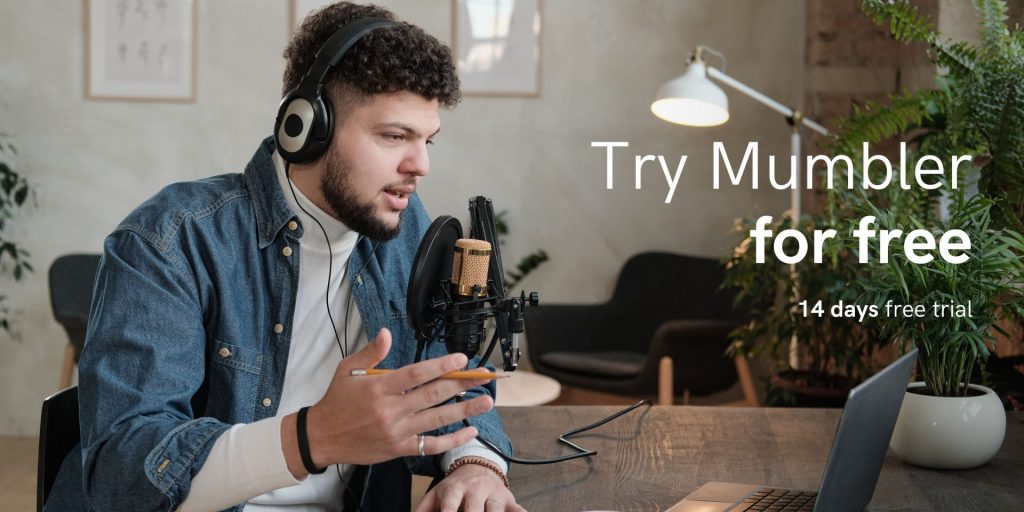
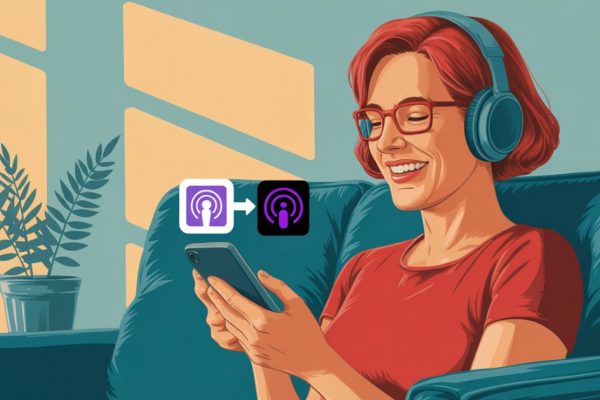
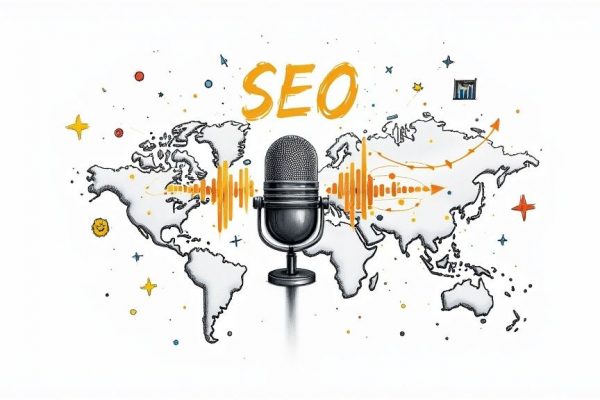
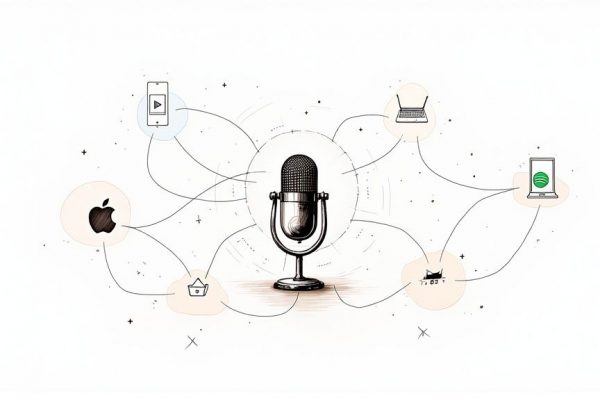
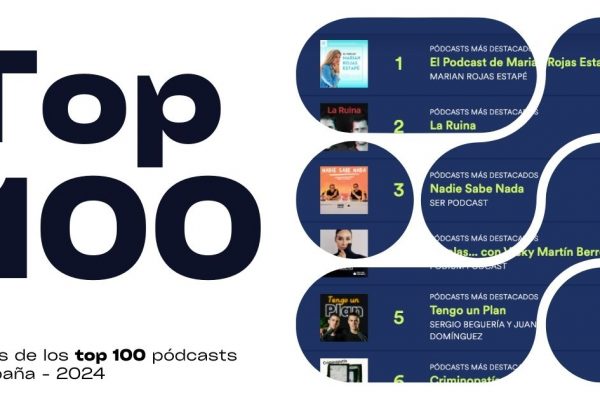
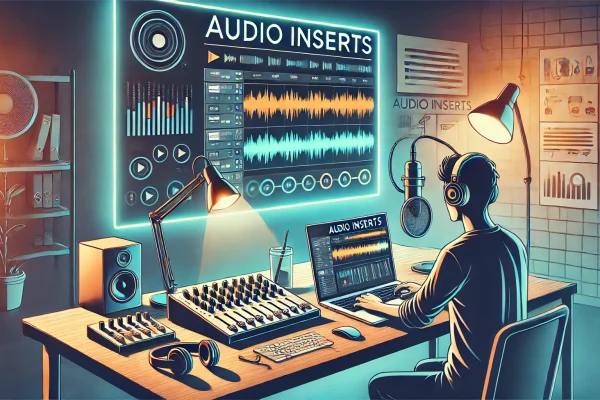

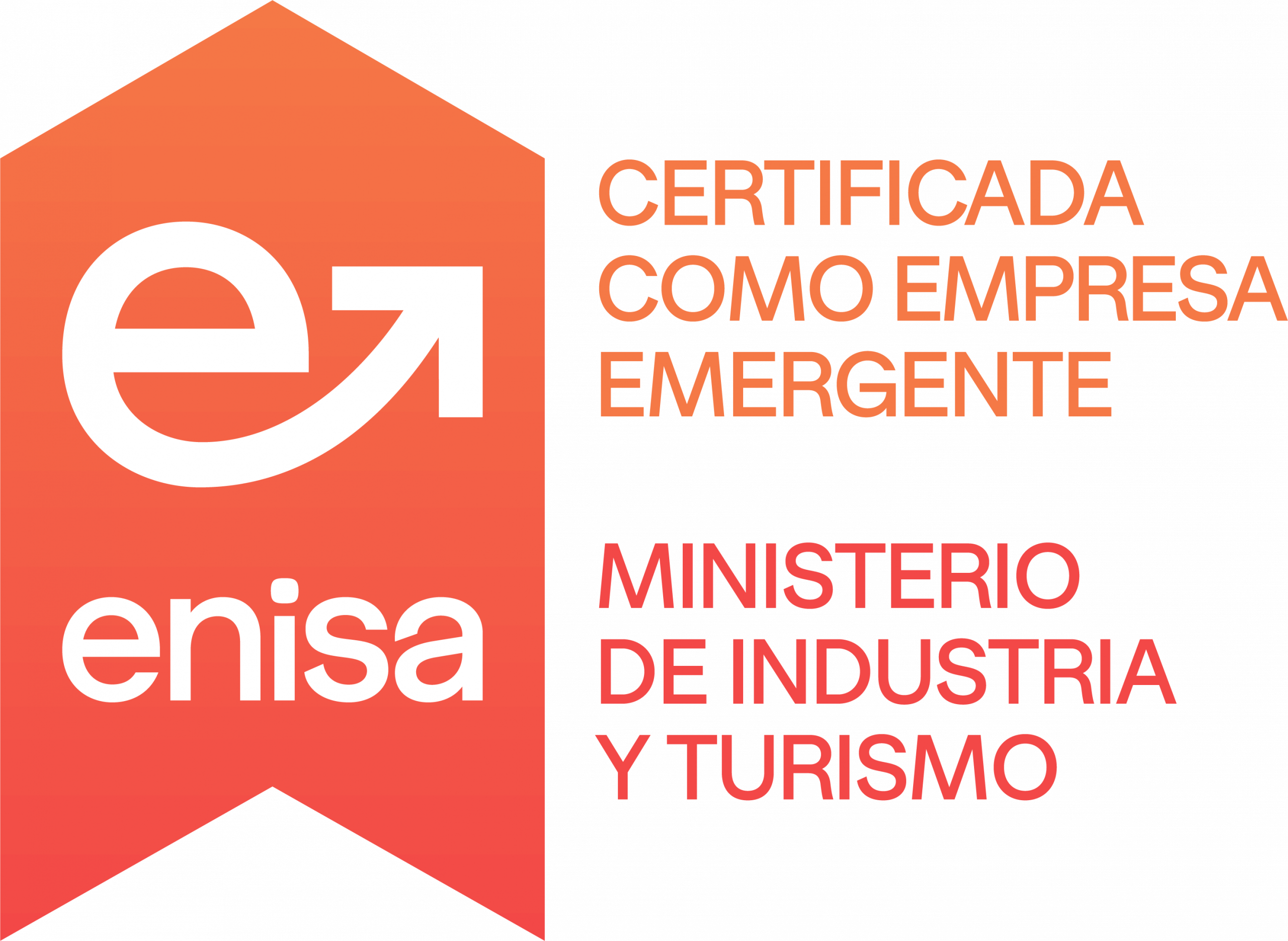
One Response